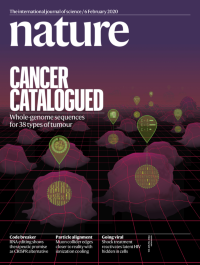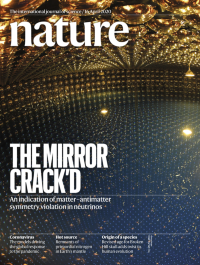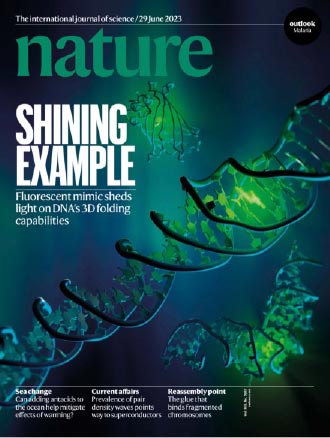Integrated Genomic Analyses to Detect Oncogenic Rearrangements
Cancer cells acquire profound alterations to the structure of their genomes, including rearrangements that fuse distant regions of DNA. Rearrangements are among the most challenging somatic alterations to detect, analyze, and genotype due to their complex structure and the need for whole-genome sequences. We are developing computational methods to accelerate the discovery of oncogenic rearrangements by explicitly accounting for their complex structures and their functional outcomes. These computational tools and results will be made available to the scientific community and may be used to discover new targets of cancer therapy and development new diagnostic approaches.
Learn more about their work:

Nature.com, February 5 2020
Analyses of non-coding somatic drivers in 2,658 cancer whole genomes | Download PDF

Nature.com, February 5 2020
Patterns of somatic structural variation in human cancer genomes | Download PDF

Nature.com, April 15 2020
Mechanisms and therapeutic implications of hypermutation in gliomas | Download PDF

Nature.com, June 29 2023
Cancer aneuploidies are shaped primarily by effects on tumour fitness | Download PDF

NIH.gov, June 28 2022
Structural variations in cancer and the 3D genome


